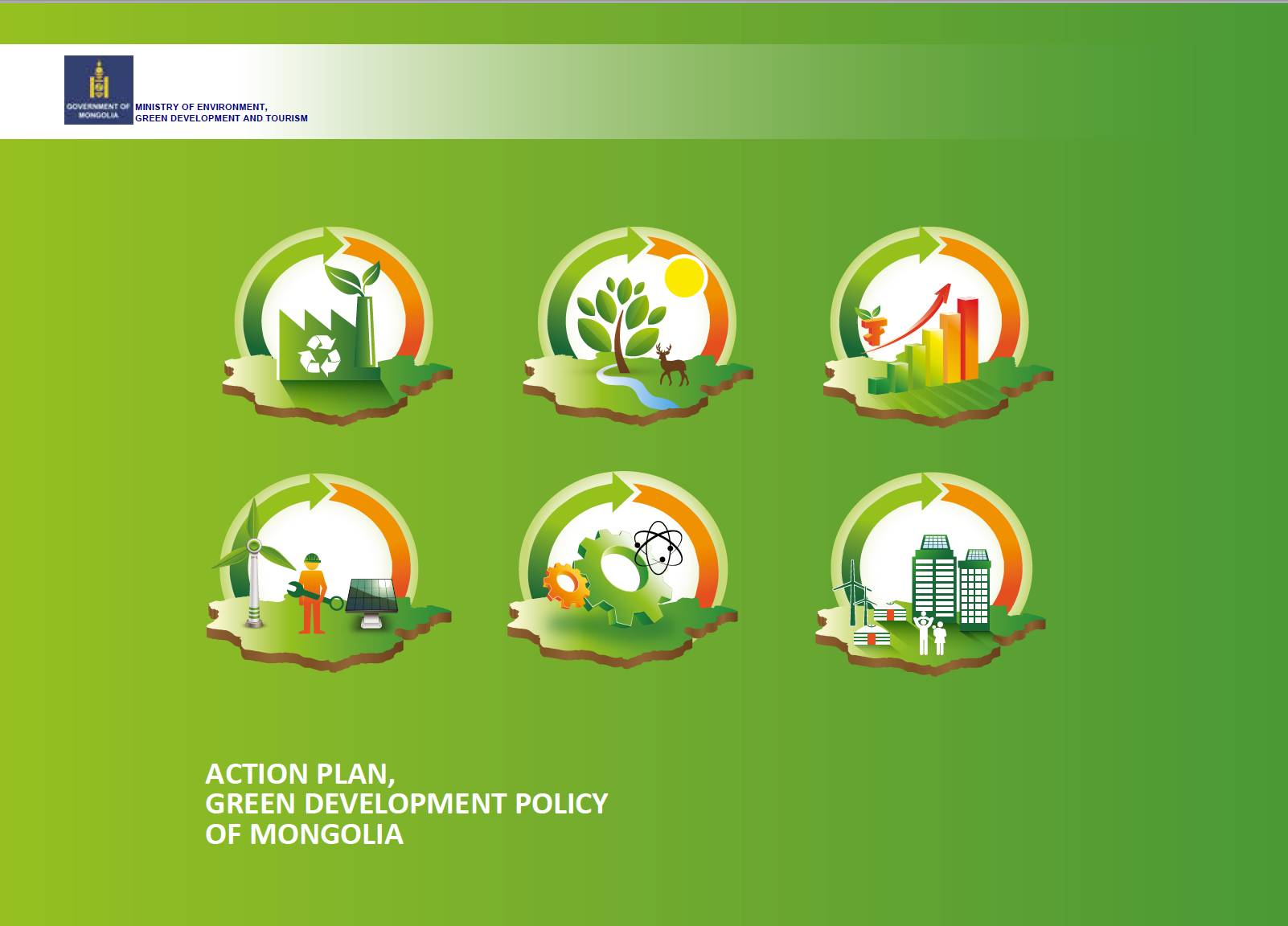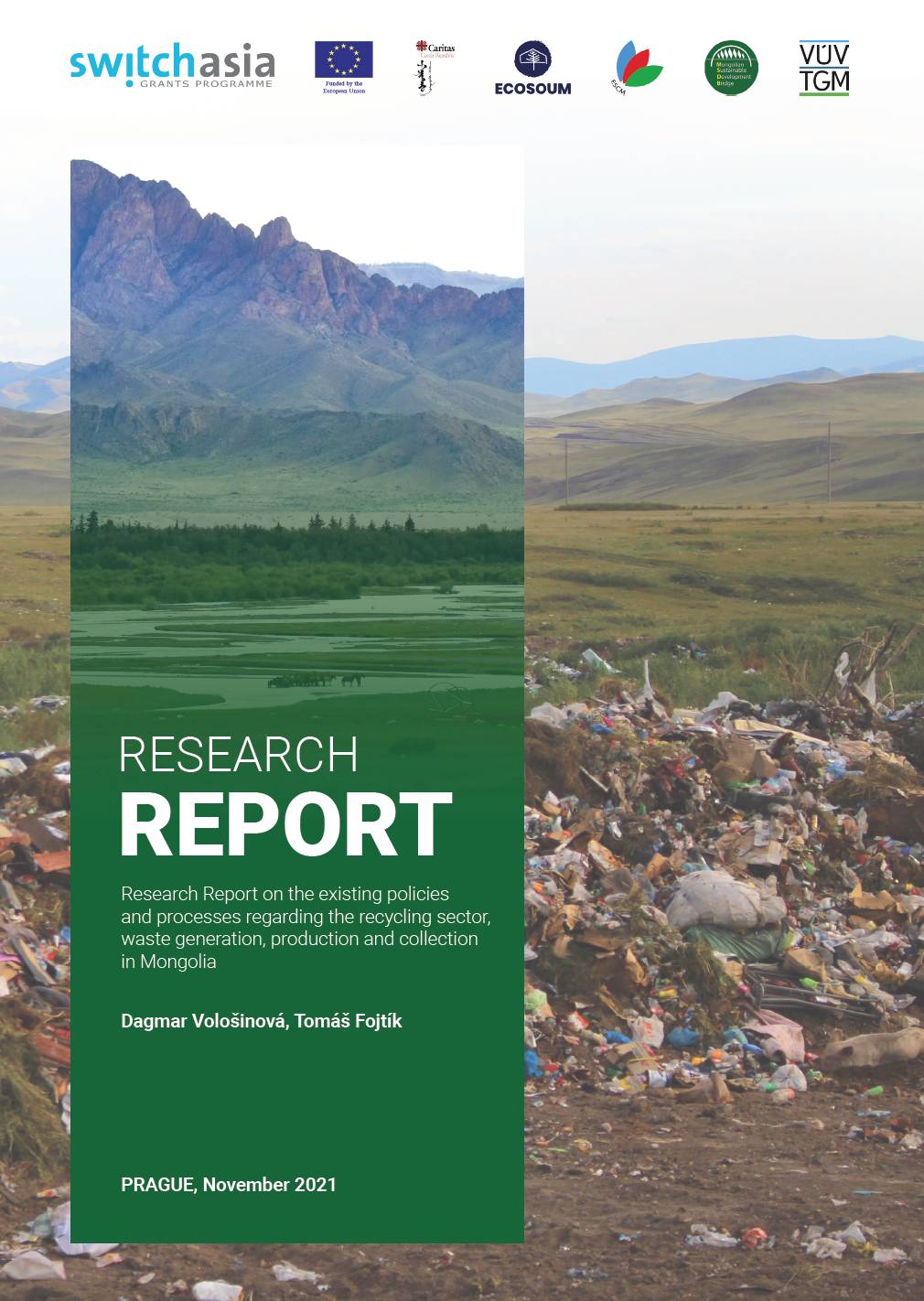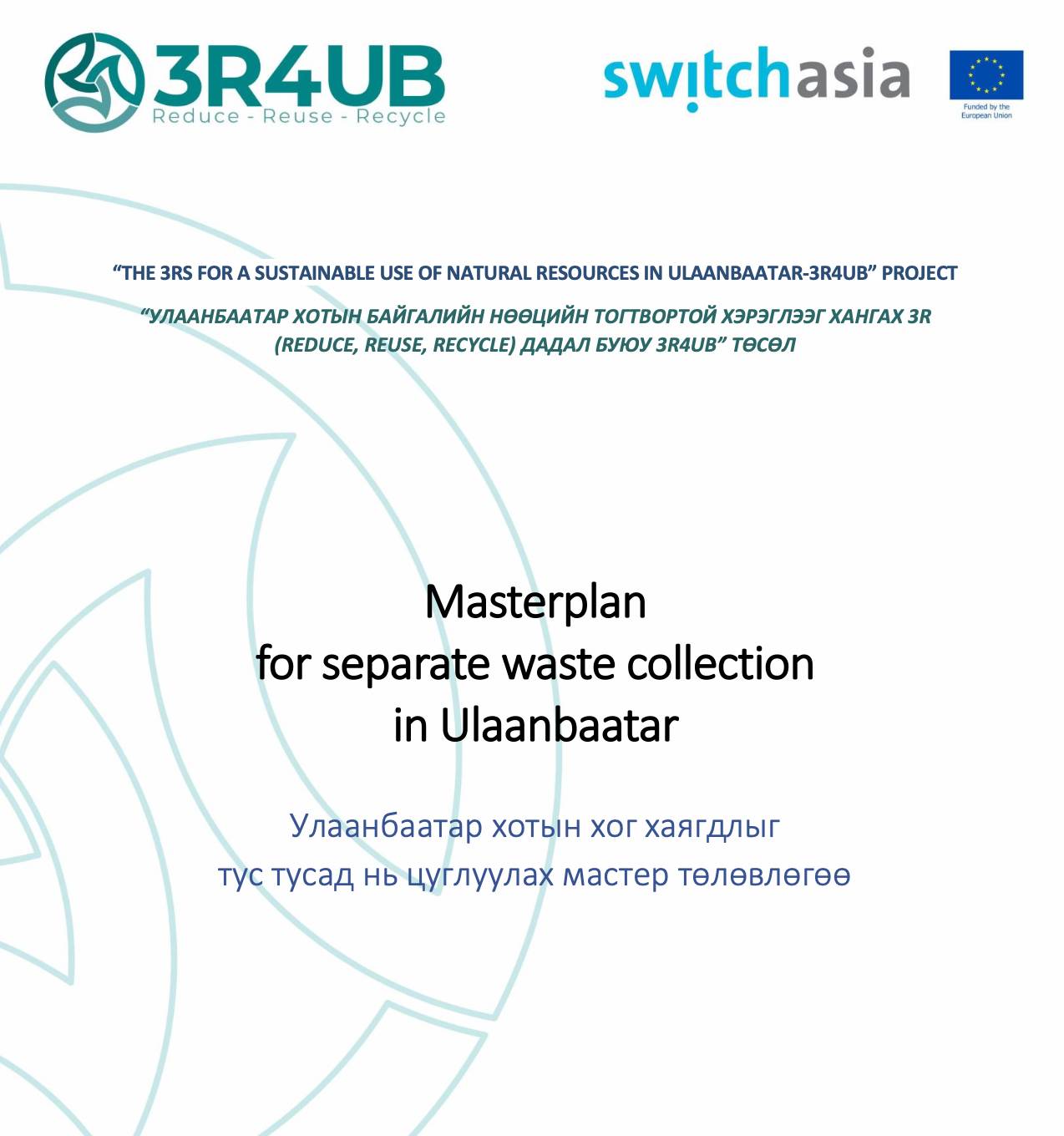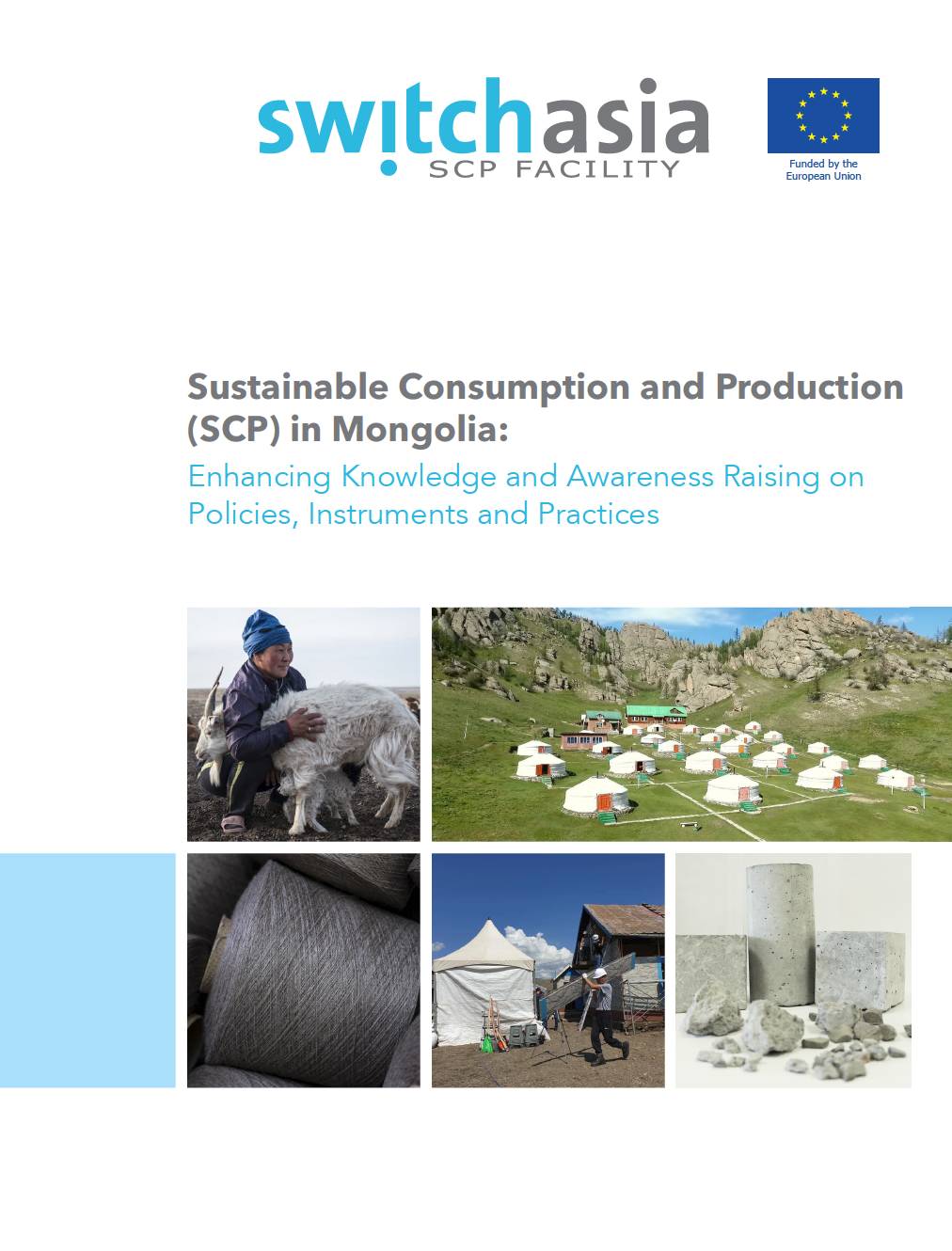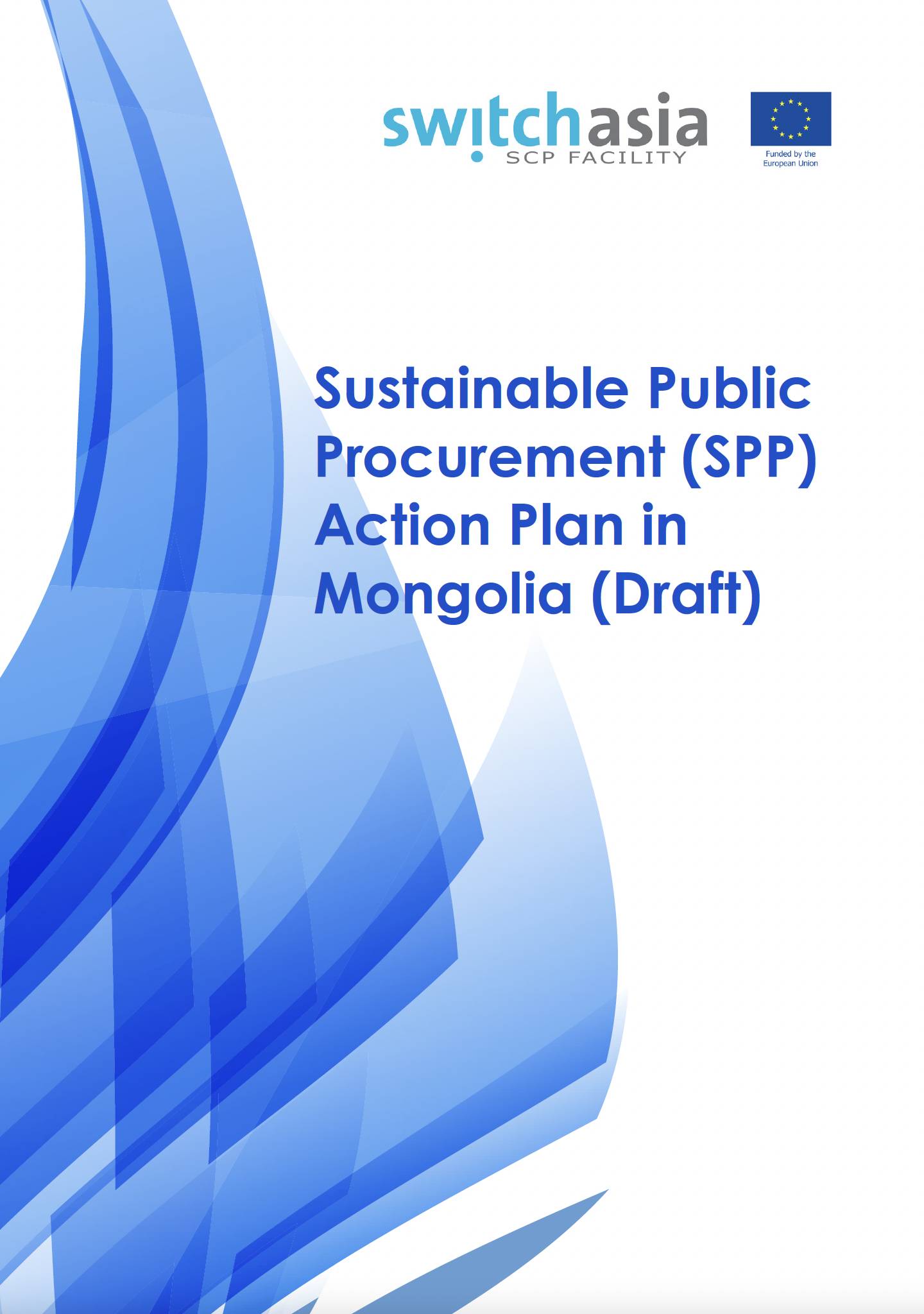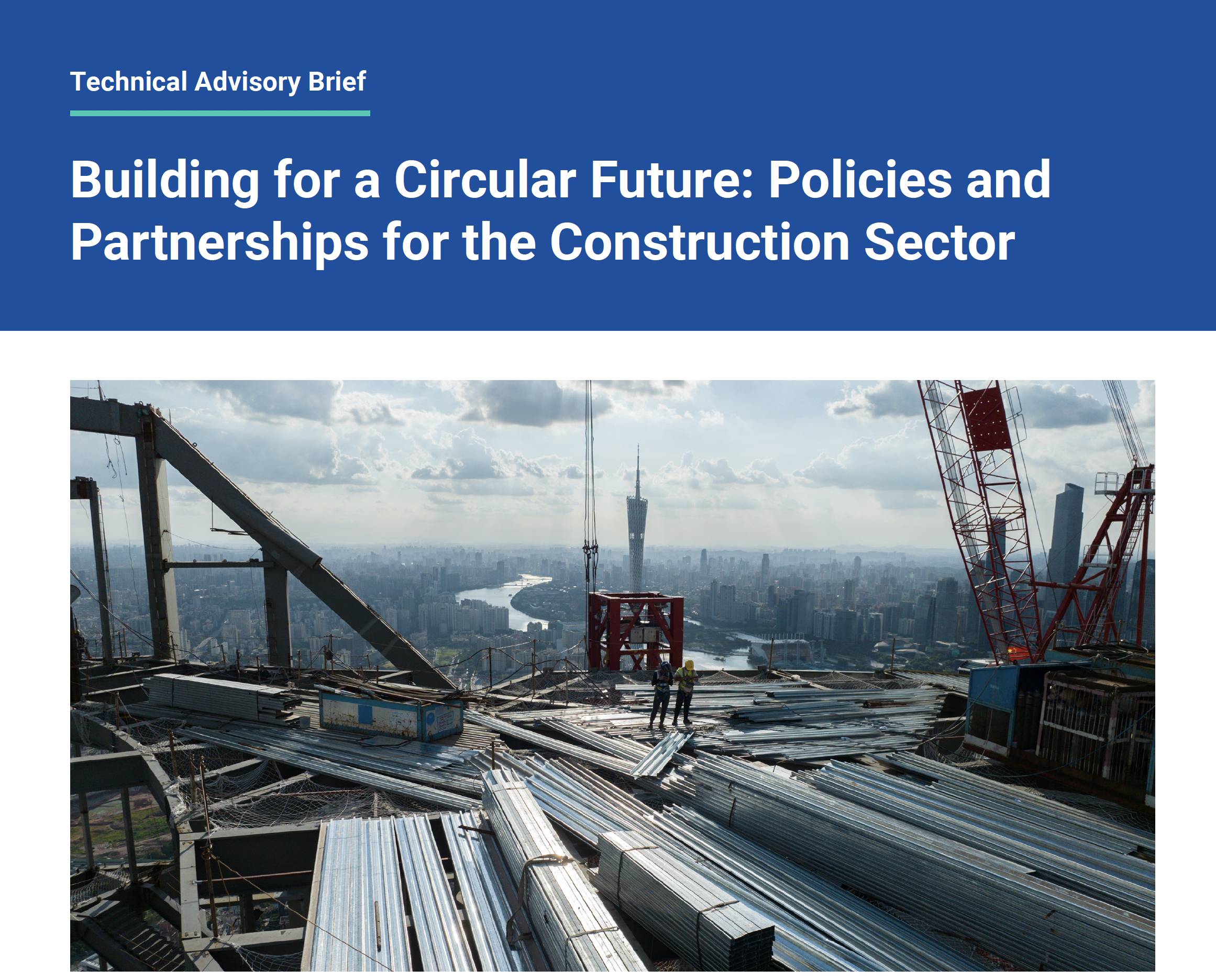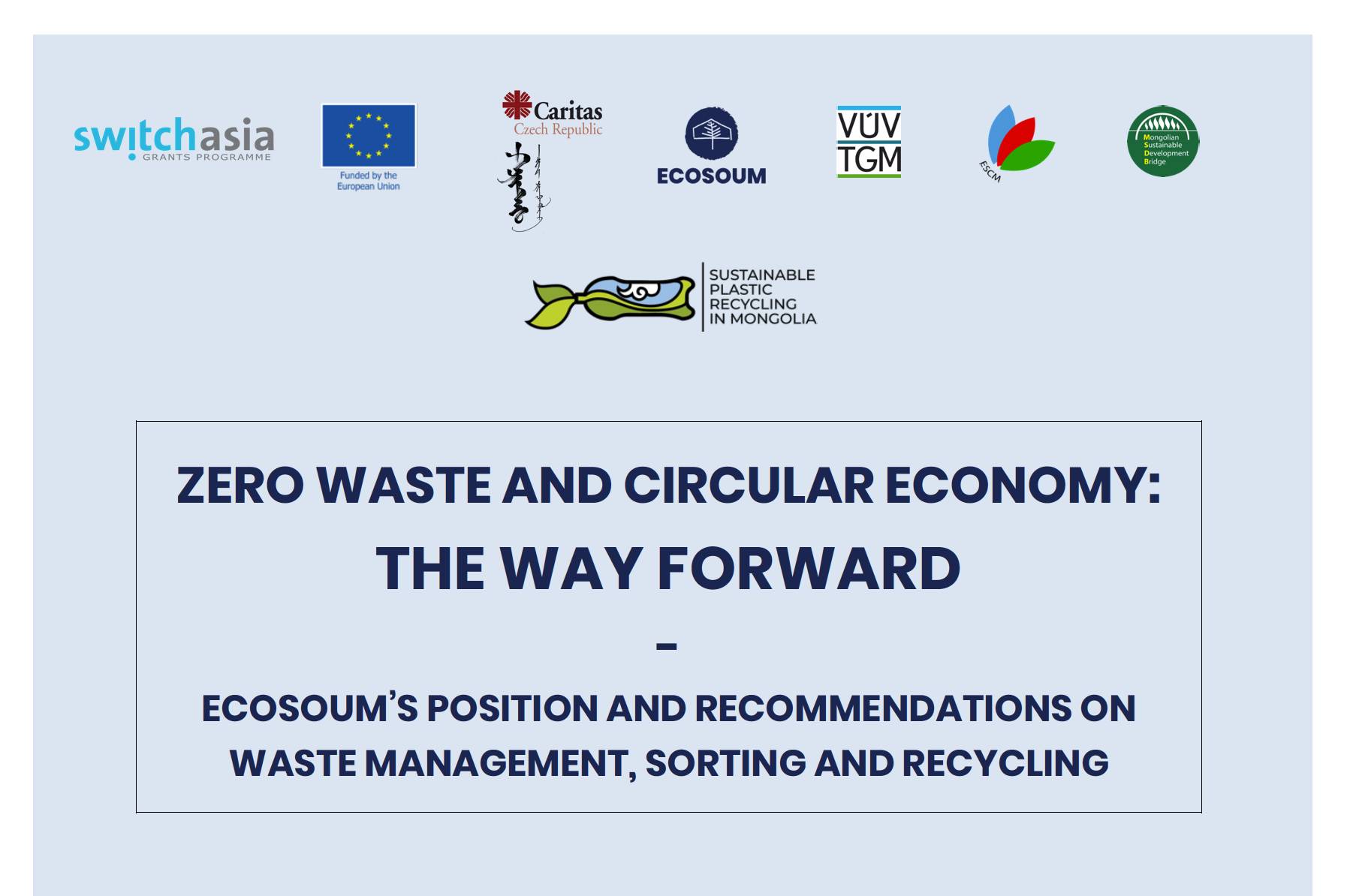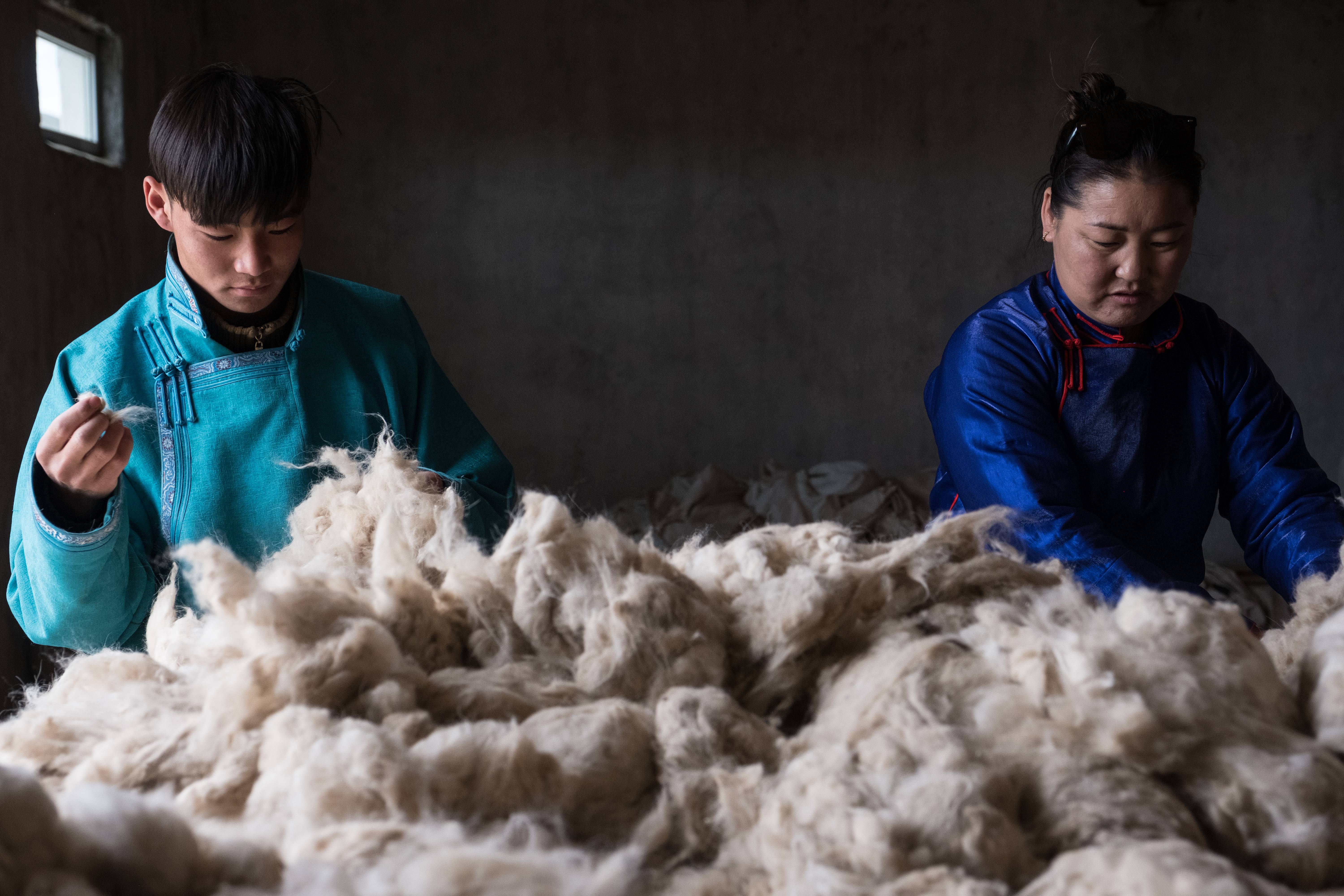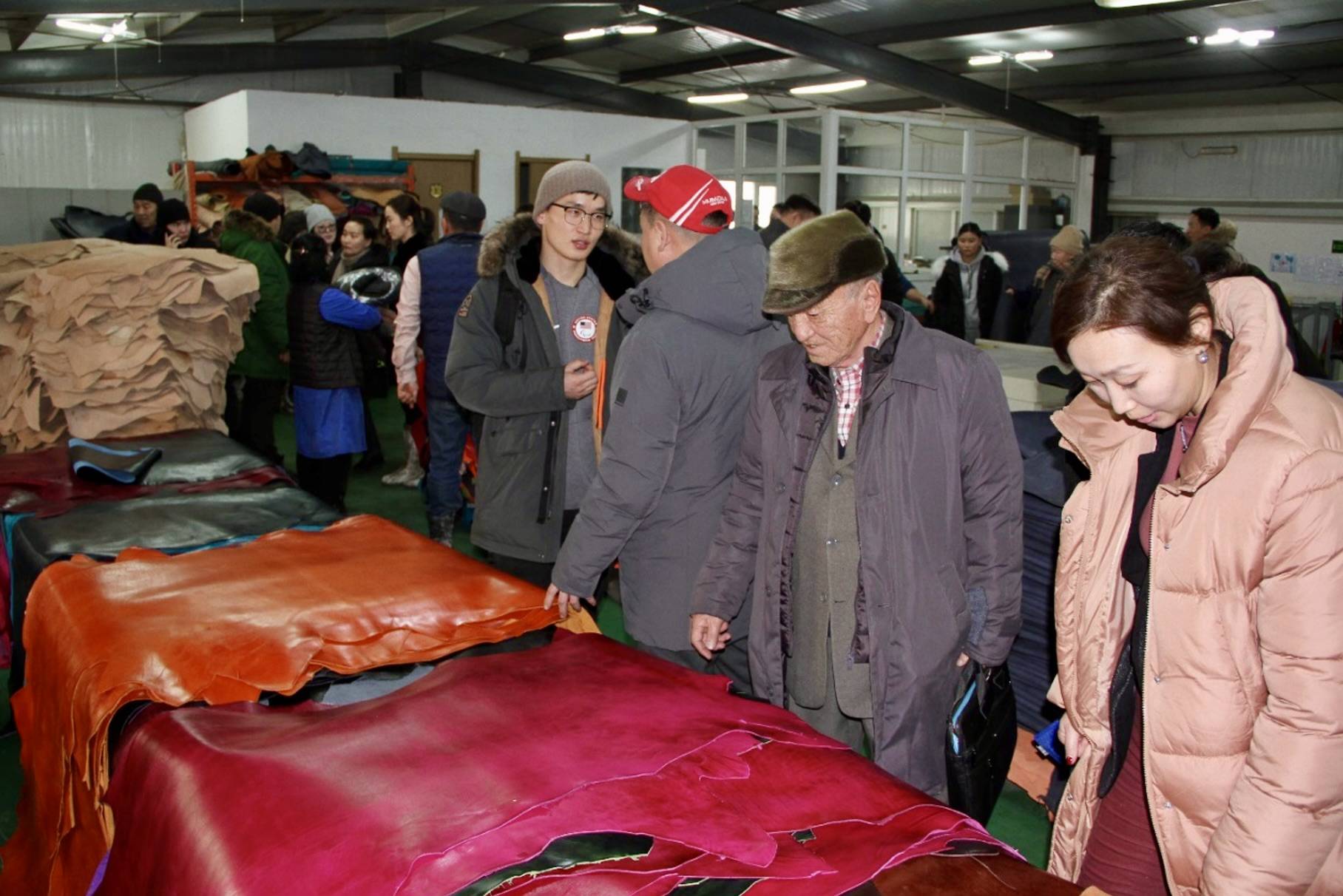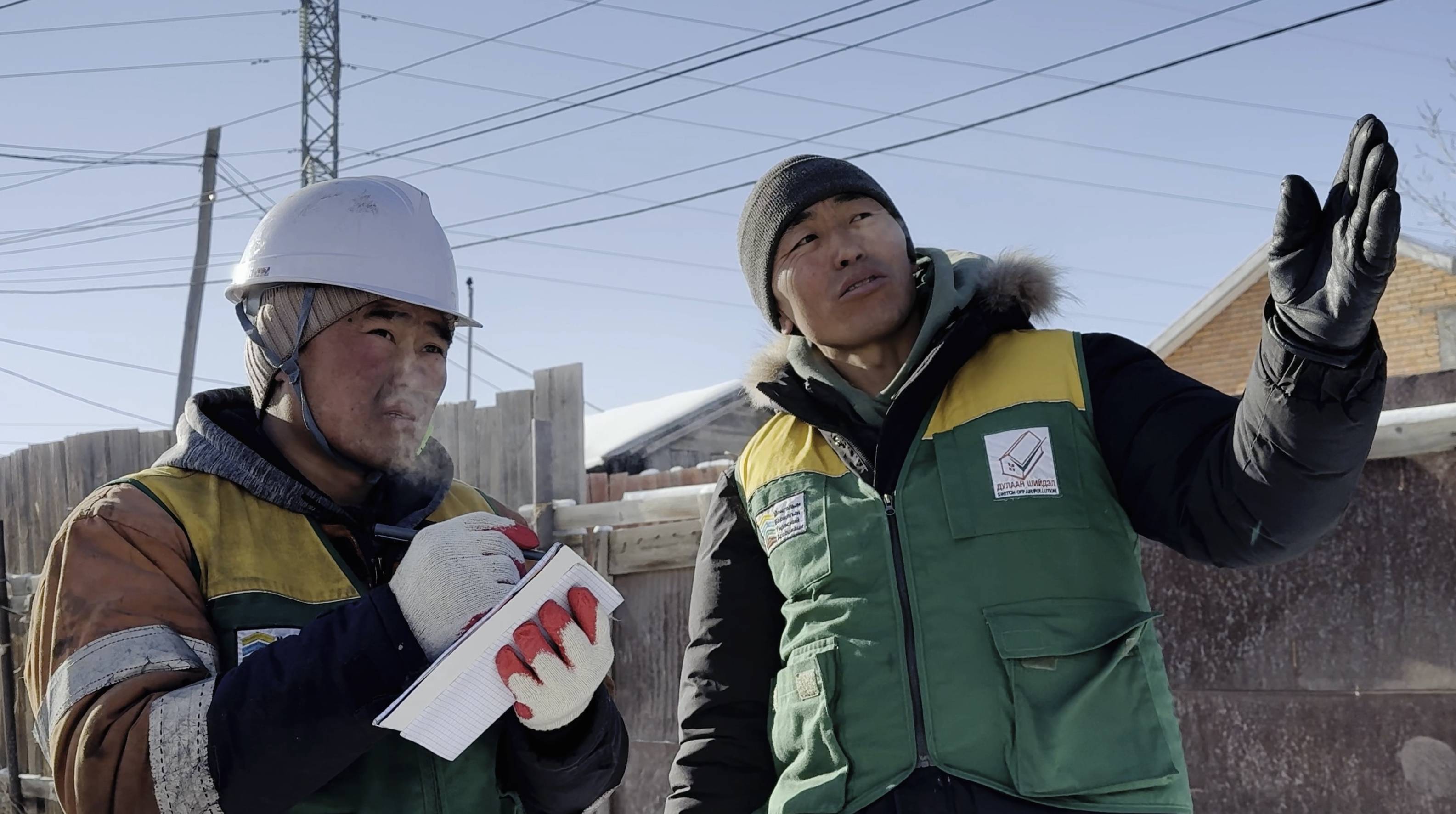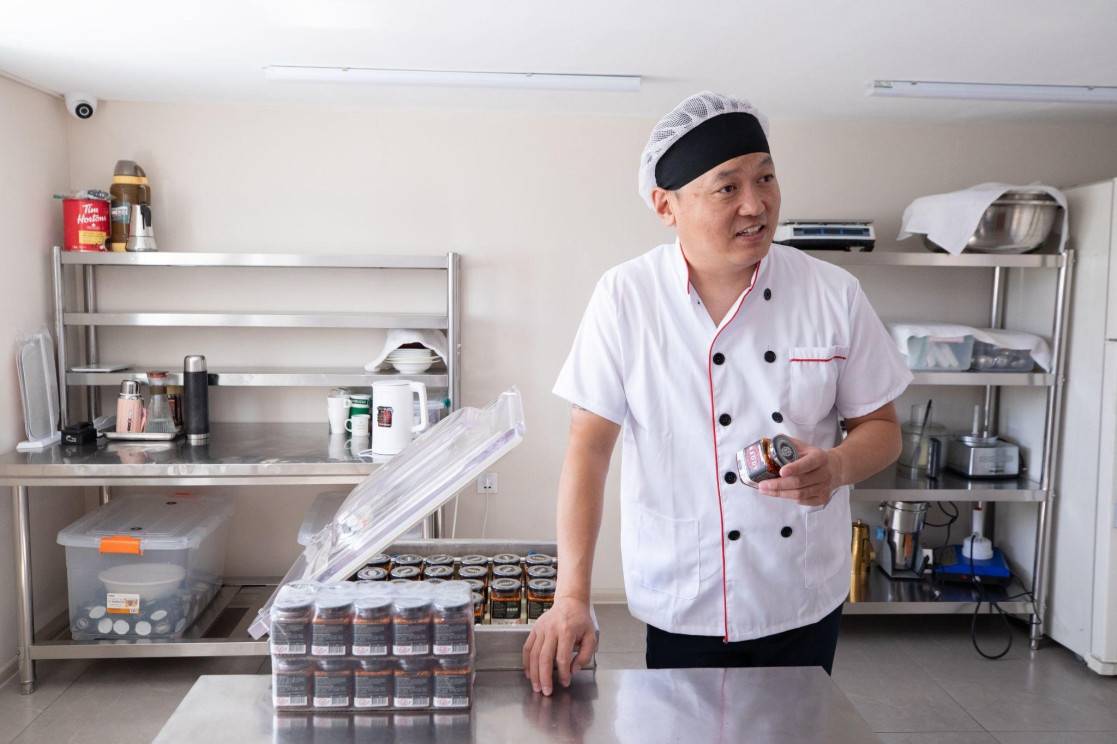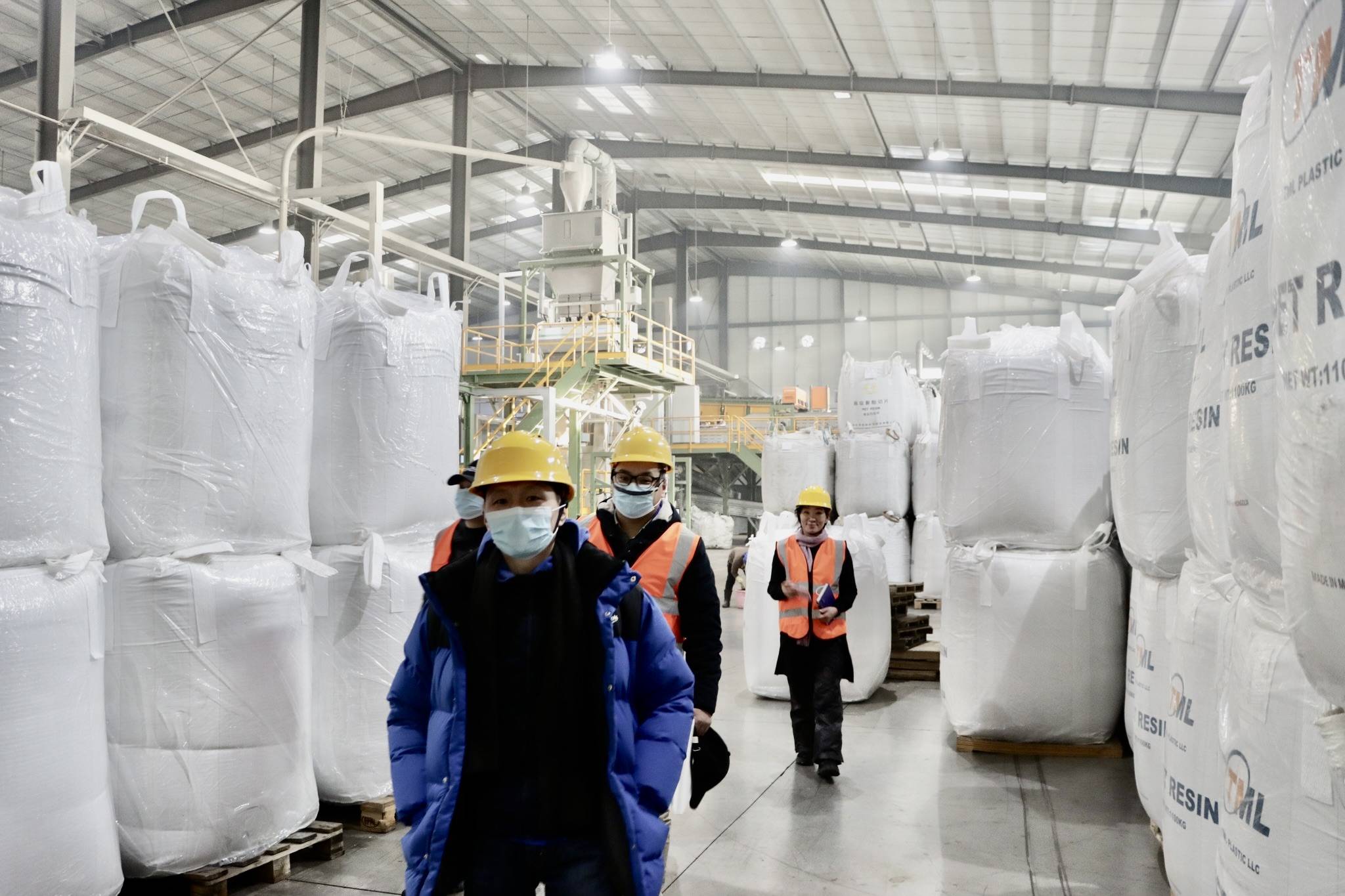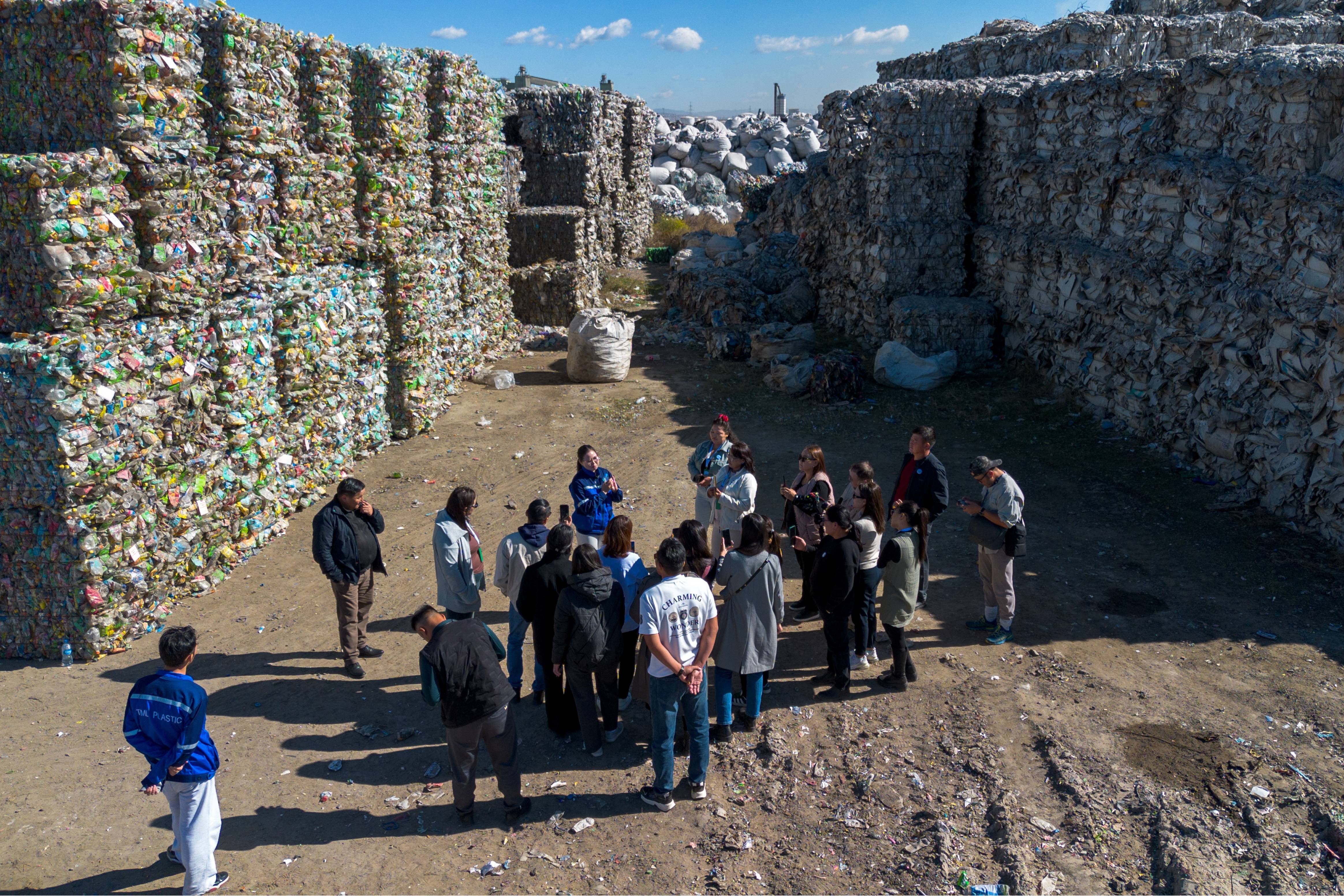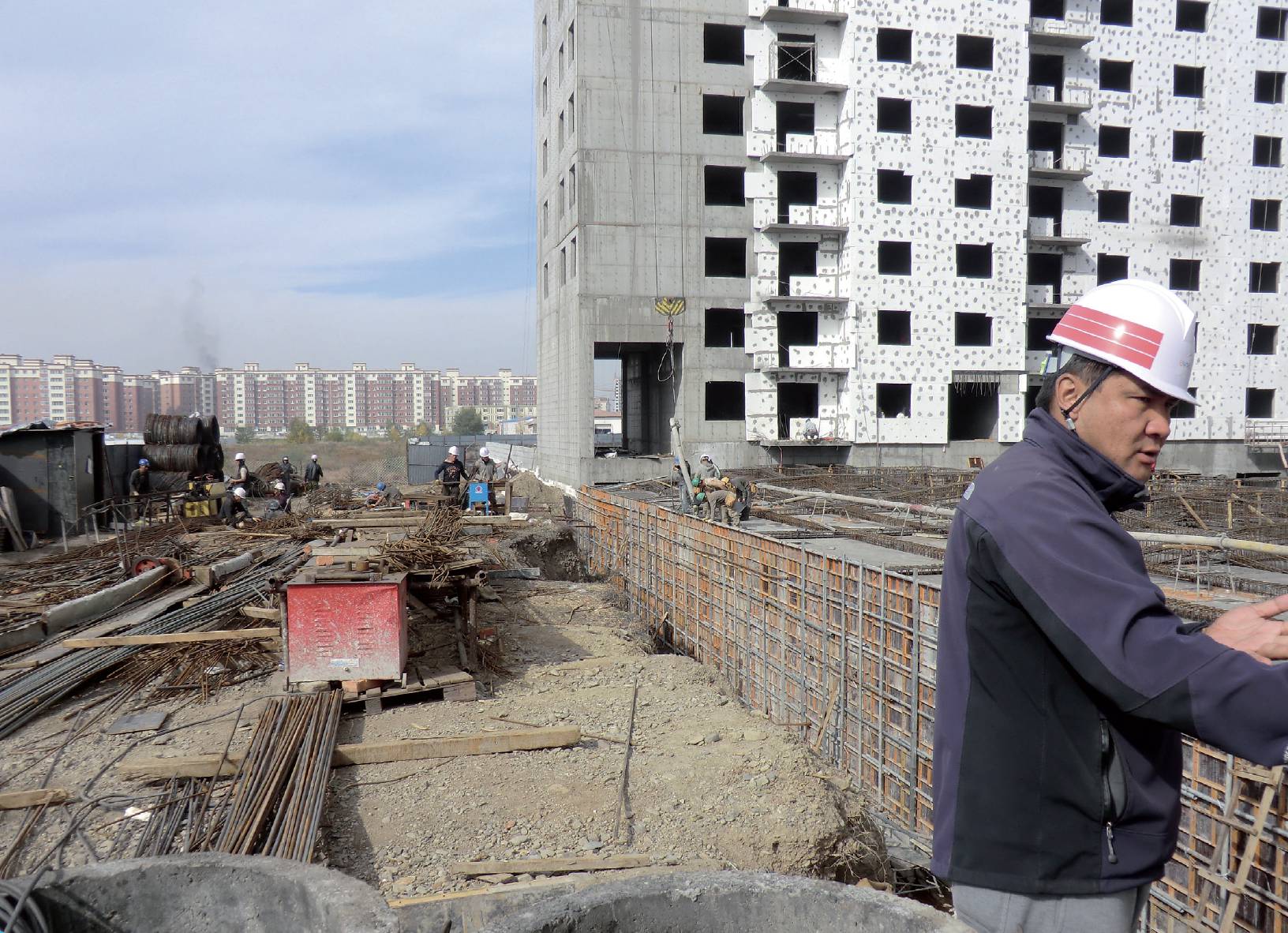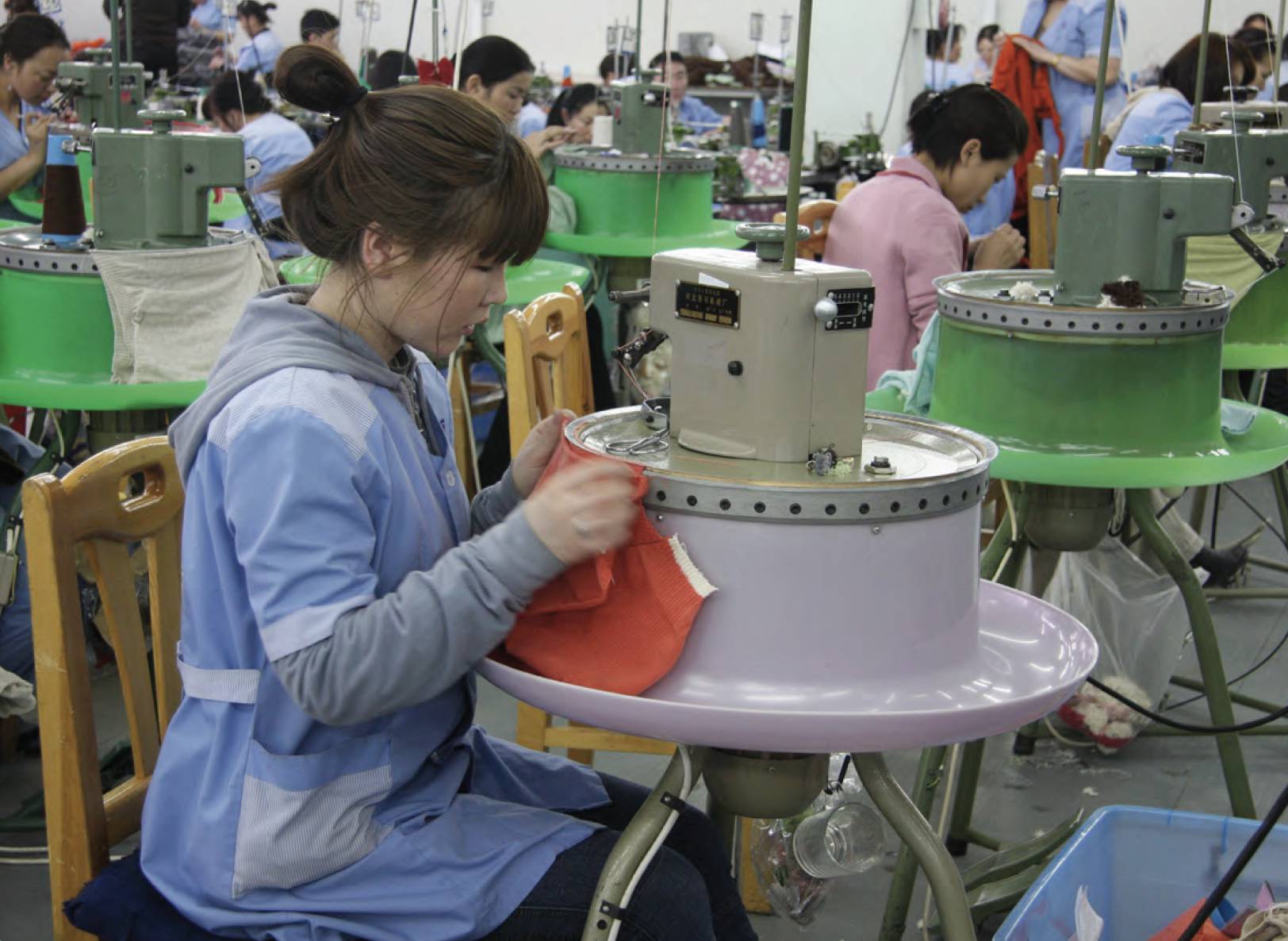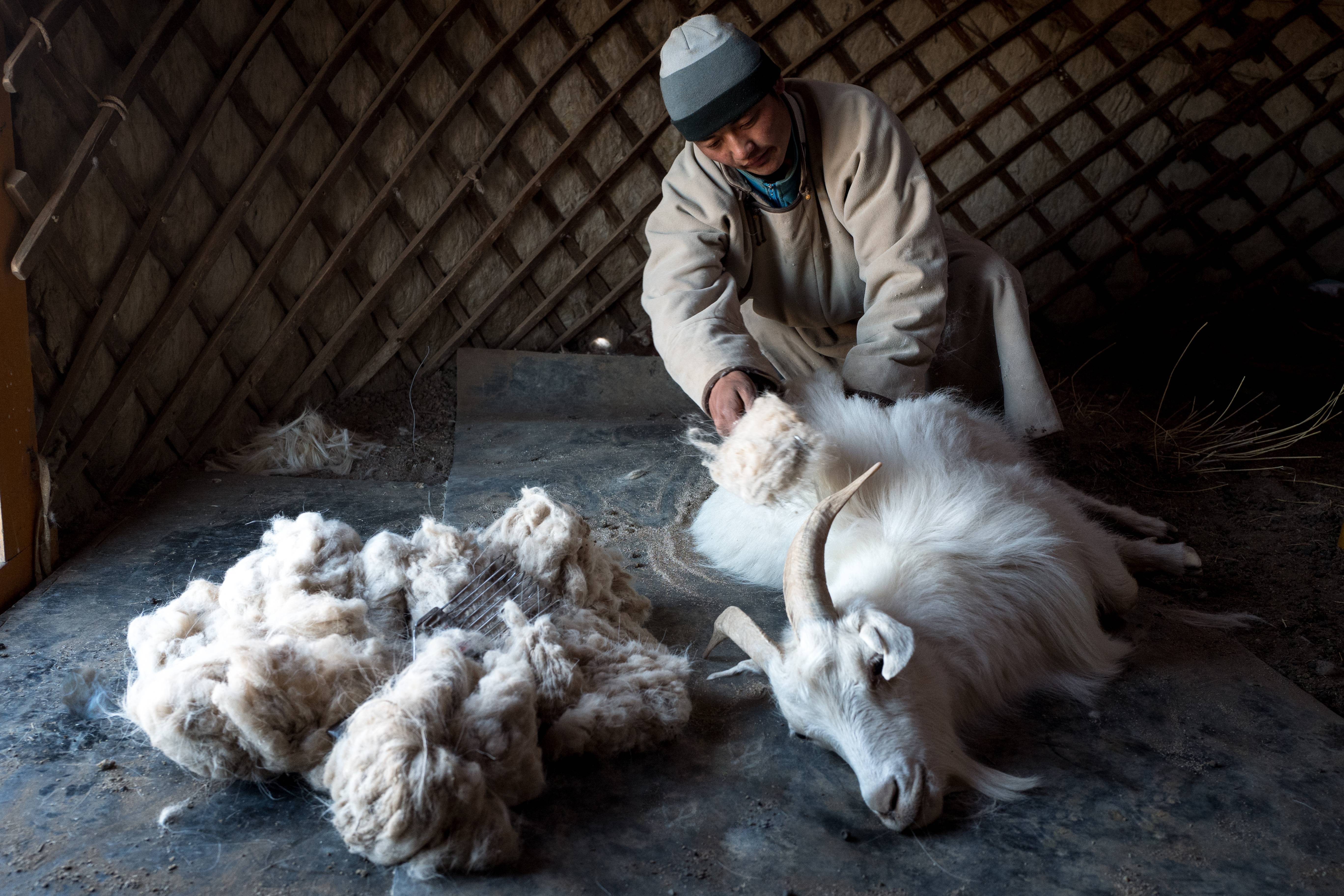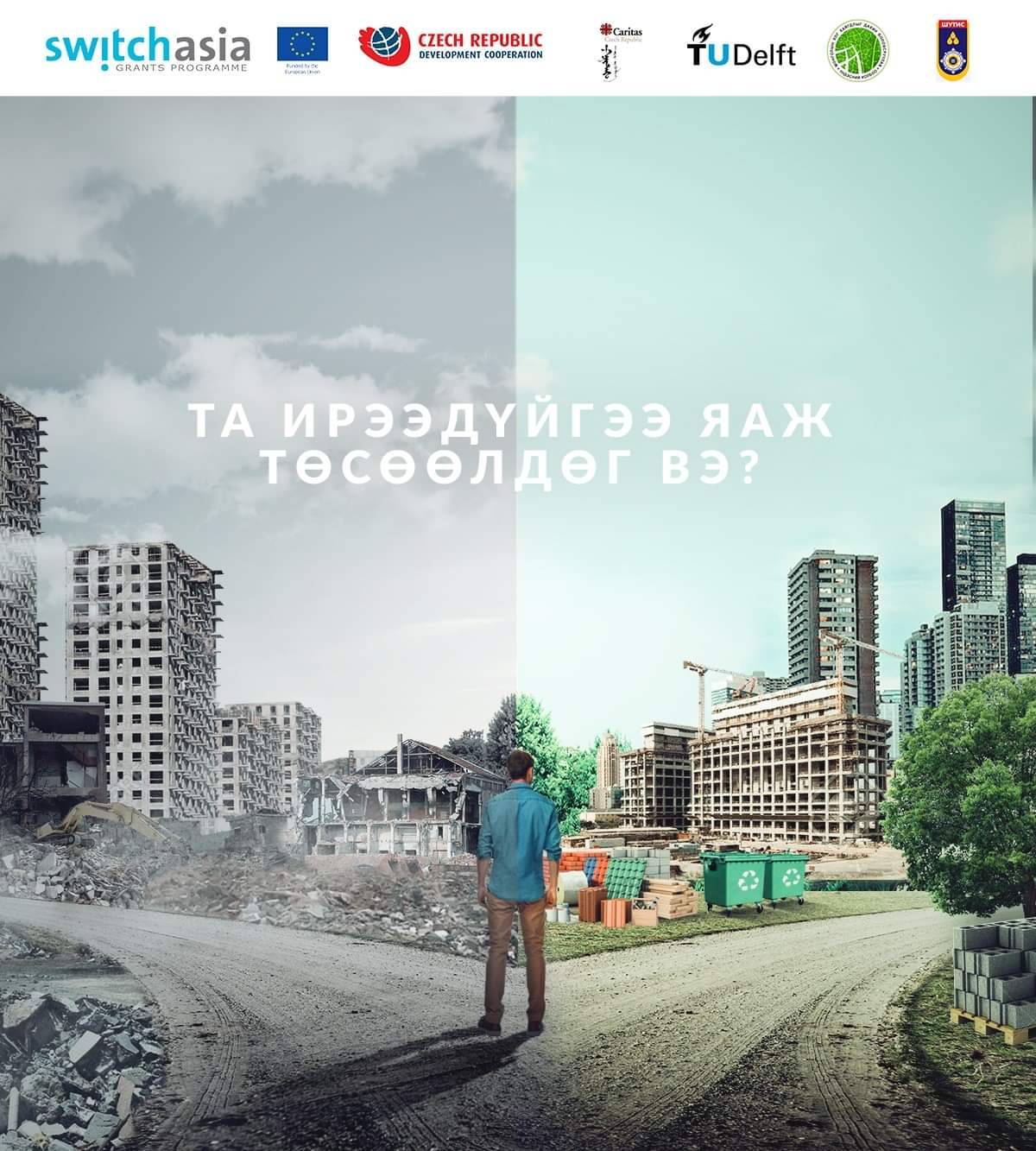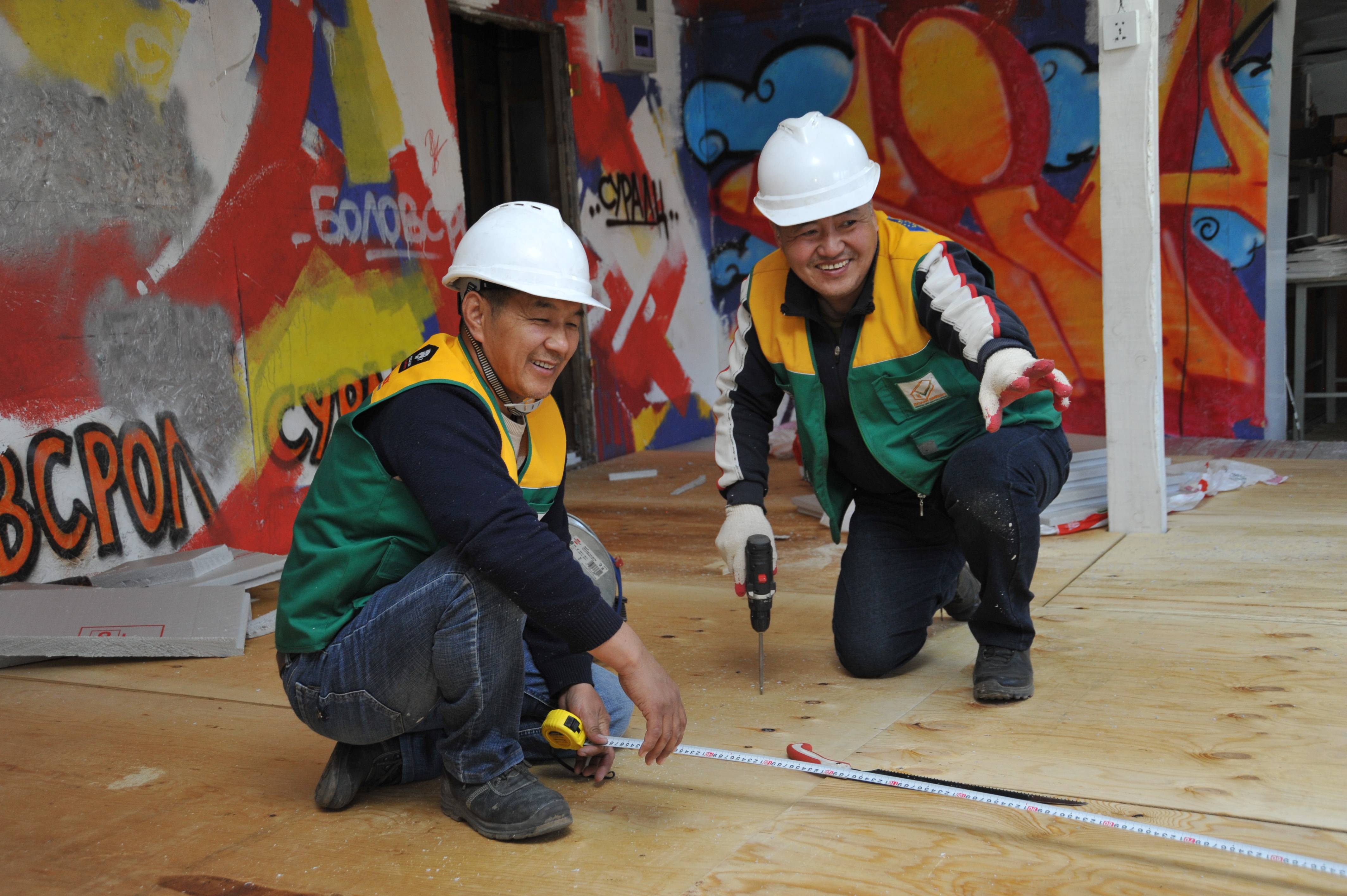
SCP Context
Mongolia’s long-term development strategy, Vision 20501, frames its transition toward sustainable, green growth with emphasis on waste reduction, resource efficiency, and environmental protection. The National Waste Management Improvement Strategy and Action Plan (NWMISAP, 2017-2030)2 remains the main roadmap for waste management and circular economy policy. Key legal instruments include the Law on Waste (2017), the Procedure on Construction and Demolition Waste Management (2020), and legislation for public procurement integrating green criteria.
Connection to the Global Agenda
Mongolia advances the 2030 Agenda and the Paris Agreement through its national strategies, including Vision 2050. The country submitted Voluntary National Reviews (VNRs) in 20193 and 20234, reporting on progress in sustainable development, climate action, and waste management. Mongolia is a party to key environmental conventions, including Basel, Stockholm, Rotterdam, and Minamata, which guide national chemical and hazardous waste management. The Minister of Economy and Development chairs a working group tasked with preparing Mongolia’s second VNR, while the Ministry of Environment and Tourism oversees environmental policy and climate action.
A key solution to Climate Change
Mongolia is advancing climate action through a low-carbon and climate-resilient development agenda, guided by Vision 2050 and national strategies. The updated Nationally Determined Contribution (NDC 3.0)5 targets a 30.3% unconditional GHG reduction by 2035, with conditional measures potentially increasing reductions up to 52.8%. Key measures include transitioning from internal combustion engines to electric motors, developing low-carbon cities with green building standards, expanding renewable energy, promoting urban green spaces and sustainable transportation, and enhancing industrial energy efficiency, waste reduction, and circular economy practices. Mongolia is also preparing a Law on Climate Change and a Low-Carbon Long-Term Development Strategy (LT-LEDS) to support these initiatives, which collectively aim to build a low-carbon, resilient, and inclusive economy.6
Priority sectors for Sustainable Consumption and Production
- Resource efficiency, circular economy and sustainable construction, improving recycling, reuse and construction and demolition waste management.2
-
Sustainable industrial and mining production, promoting cleaner technologies, energy efficiency and low-carbon solutions.2
-
Hazardous waste management, enhancing collection, treatment and disposal of e-waste and industrial hazardous wastes via EPR.2
-
Sustainable urban mobility and transport systems, encouraging the use of electric and low-emission vehicles, shared transport solutions, and infrastructure that reduces resource consumption and emissions.5
-
Resource-efficient and climate-resilient urban infrastructure, promoting green buildings, urban green spaces, and energy-efficient construction practices to minimize material use and environmental impact.5
-
Sustainable herding activities and pasture and management. Mongolian pastureland is degrading and overgrazed, which is causing loss of vegetation and desertification. The cashmere sector is contributing the most to this degradation. Promotion and development of sustainable, resource efficient textile (cashmere/wool) industry .through the “White Gold” programme of the Government of Mongolia will be focusing on this issue.
-
Sustainable crop and vegetable planting activities. The national “Health food – healthy Mongolia” programme and “ATAR IV sustainable planting campaign” focuses on increasing yield, efficiency and focus on protection of soil.
-
Sustainable forest management. “Billion tree” initiative of Mongolia is focusing on improvement of forest management. “Forest Partnership Agreement” signed between the EU and Mongolia will re-inforce this priority.
A look back at milestones that shaped our work
2018
SCP Facility
- Preliminary assessment of SCP related policies, activities, needs/gaps, and opportunities.
2019
SCP Facility
- A concept note with specific actions and timeline was prepared;
- Capacity building for decision and policy-makers in developing policy frameworks for SCP;
- Support the uptake of eco-innovation programmes and SCP incentives schemes targeting MSMEs.
Regional Policy Advocacy Component (RPAC)
- Participation to regional and sub-regional events.
2020-2021
SCP Facility
Collaboration with the National Focal Point and the Ministry of Environment Mongolia to implement the following activities:
- SCP Baseline Study: Sustainable Consumption and Production (SCP) in Mongolia Enhancing Knowledge and Awareness Raising on Policies, Instruments and Practices (2020) developed
- Preparation of a Guideline for the National SCP Roadmap
- Training Workshops on SCP and SPP
- Sustainable Public Procurement (SPP) Action Plan developed
- Conducted capacity building workshops on the assessment and SCP knowledge management plan, and Sustainable Public Procurement (SPP) Action Plan.
- First set of SPP criteria for three selected product groups prepared in close cooperation with concerned government agencies and stakeholders
- On greening supply chains, provide advisory services and trainings for the selected three SMEs/MSMEs to incorporate sustainability into operations and processes and prepare case study report and policy briefs
- Provided advisory services and trainings for the selected three SMEs/MSMEs to incorporate sustainability into operations and processes and prepare case study report and policy brief
2020
Regional Policy Advocacy Component (RPAC)
Facilitated the participation of Mongolian key-stakeholders in the following regional activities:
- SWITCH2Green Meeting - RPAC initiated the discussion and shared the first report in 2020. (April 2020)
- MOVING THE NEEDLE ON CLIMATE CHANGE – The event was co-organised by the UNESCAP as a part of the 2020 Virtual United Nations Responsible Business and Human Right Forum (RBHRF) (10 Jun 2020), regional level
- WORLD ENVIRONMENT DAY 2020 – A media kit was provided to call for action to promote SCP as a part of the 2020 World Environment Day (WED) celebration (5-7 Jun 2020), regional level
- Intervention in regional forum: Webinar on Sustainable Lifestyles for Plastics & Packaging Waste Management During a Pandemic COVID-19 (6 Aug 2020), regional level
- SCP in Tourism: Opportunities and Challenges with COVID-19 (8 Oct 2020), regional level
- Innovation and Connectivity through Farm to Fork (13 Nov 2020), regional level
- Sustainable Lifestyles for SCP (19 Nov 2020), regional level
- Support to Steering Committee of SWITCH-Asia – Provide support for the annual Steering Committee Meeting to review each country proposed 2021 workplan (3 Dec 2020), regional level
- Regional Policy Dialogue on Circular Cities (4 Dec 2020), regional level
- Regional Dialogue Driving Mechanisms for Eco-Design in Asia (9 Dec 2020), regional level
- Leadership Academy on Circular Economy 2020 (14-18 Dec 2020), regional level
- Webinar: Innovations & Startups (16 Dec 2020), regional level
2021
Facilitated the participation of Mongolian key-stakeholders in the following regional activities:
- Contextualising the Circular Economy for Action (4 Feb 2021), regional level
- Technology for Circular Economy: A Prologue to the 2021 SWITCH-Asia Leadership Academy (25 March 2021), regional level
- Circular Economy and Sustainable Lifestyles Course (18 May 2021), regional level


